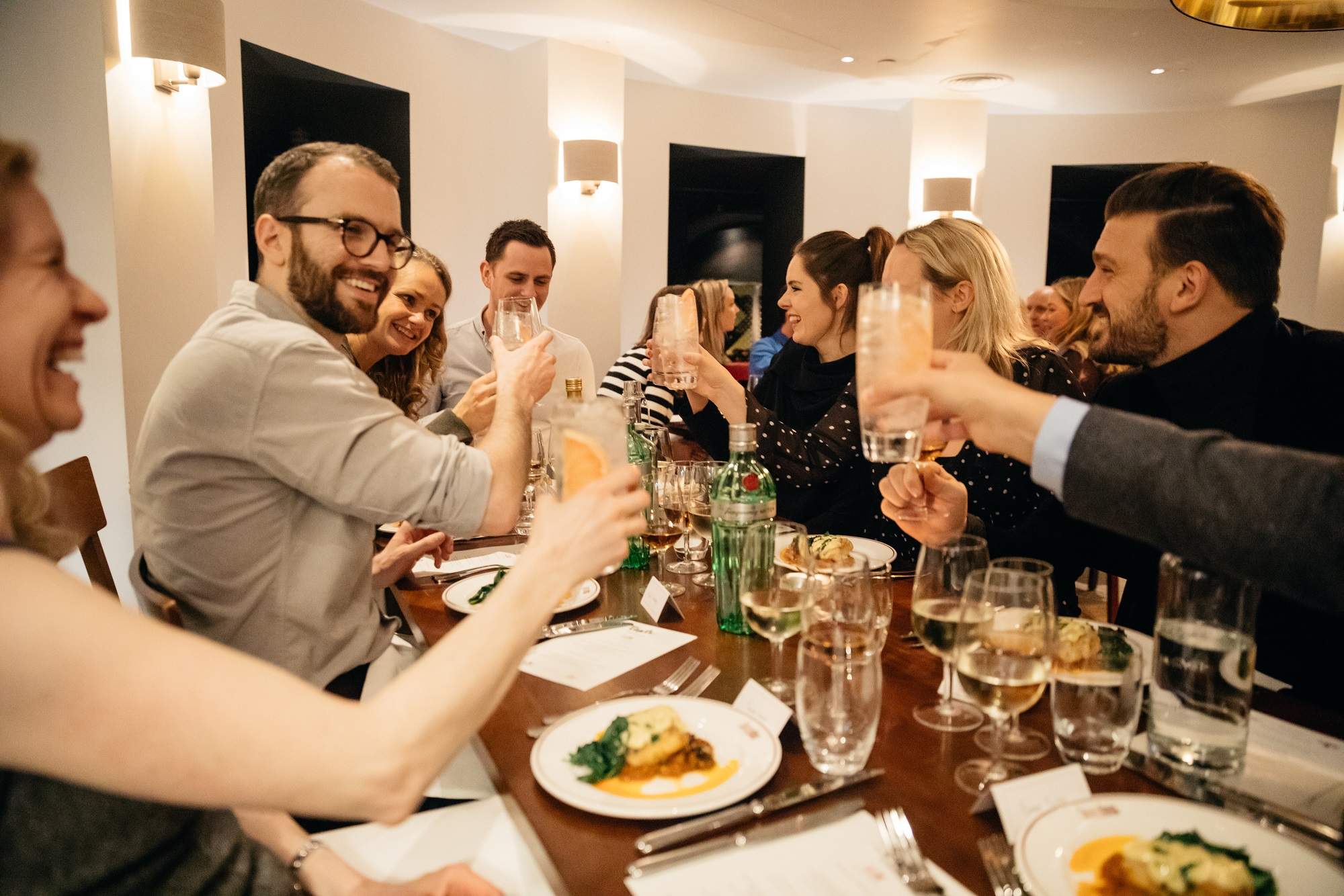
Restaurateurs estimate that a third of their annual revenue now comes from the millennial generation, according to the latest research from leading international law firm CMS, in its new report Finding the balance: human touch vs high tech.
With the majority of millennials (60%) either living with their parents or as part of a couple with no children, their spending power on holidays and eating out (26% of their total income) is of huge significance to these industries. On average millennials go on 2.5 weeks holiday a year and eat out at a restaurant four times a month.
Research, conducted by FTI Consulting on behalf of CMS in May 2018 surveyed owners, operators, investors and managers of hotels and restaurants in 10 countries worldwide on the effect of the millennial generation on their industry. Also, over 5,000 millennials in 18 countries were quizzed on their recreational choices and the importance of technology in their lives.
Thomas Page, head of hotels & leisure at CMS, said: “The significant spending power of millennials is having a big impact on the sector. Millennials already account for 28% of revenues for hotels and 29% for restaurants, according to our research. But in responding to the most tech-savvy generation yet to reach adulthood, hotels and restaurants need to be wary of stereotypes. There is no typical millennial and for many the human touch still trumps high tech when they’re considering where to stay or eat.”
Nevertheless with 90% of respondents believing that their businesses are underestimating millennial expectations of the hospitality sector, there is a rush to ensure that they are future proofing their businesses (83%).
When millennials select a hotel or restaurant, the tech available at a venue (4%) ranks lower than traditional elements such as cost (38%) and location (17%), even for business travellers. However, tech does play an important role with the most popular hotel tech being high-speed WiFi (66%) an app for hotel services (49%), music streaming (37%) and an in-room tablet for room controls (35%).
Page continued: “There is good news for restauranteurs. Millennials are dining out on average four times a month which is more than they are ordering in. In a competitive market the industry is using technology to attract new customers and deliver a better dining experience.”
In restaurants, the technological improvement most wanted by millennial respondents is the ability to order food and drinks before arriving (47%), paying via an app (44%) and ordering food electronically at the venue (34%). This is already a reality at many venues.
Responding to the anticipated desires of customers, 52% of restaurateurs have implemented technology to allow food and drink ordering in advance of arrival and 39% to let customers pay their bill online or through an app. 28% of restauranteurs intend to implement an interactive e-menu that shows food selections in 3D and nearly a quarter (23%) expect to introduce the option of dining with a virtual companion via an interactive screen, which fits with 20% of millennials thinking this would improve their experience.
However, an overwhelming 76% of millennials still prefer the human touch throughout their dining experience, so this is not the end of the human touch and the beginning of total automation. They also place significant value on originality, with 53% rating a ‘new experience’ as an important feature when choosing a place to eat.
Surprisingly, some technologies do not seem to resonate with millennials. When asked what types of technologies would improve their dining experience, globally only 16% were positive about 3D virtual entertainment. By contrast, 28% of restaurants expect to implement 3D virtual entertainment in their restaurants within five years.
Page concluded: “With such a large percentage of their income now coming from the millennial generation, restaurant groups and restaurateurs need to ensure they are futureproofing their businesses now to cope with their desires and demands. The tech savvy nature of the millennial group and their loyalty to a brand is of huge significance to the future of the industry and they must continue to adapt and to evolve to meet these new challenges.”



